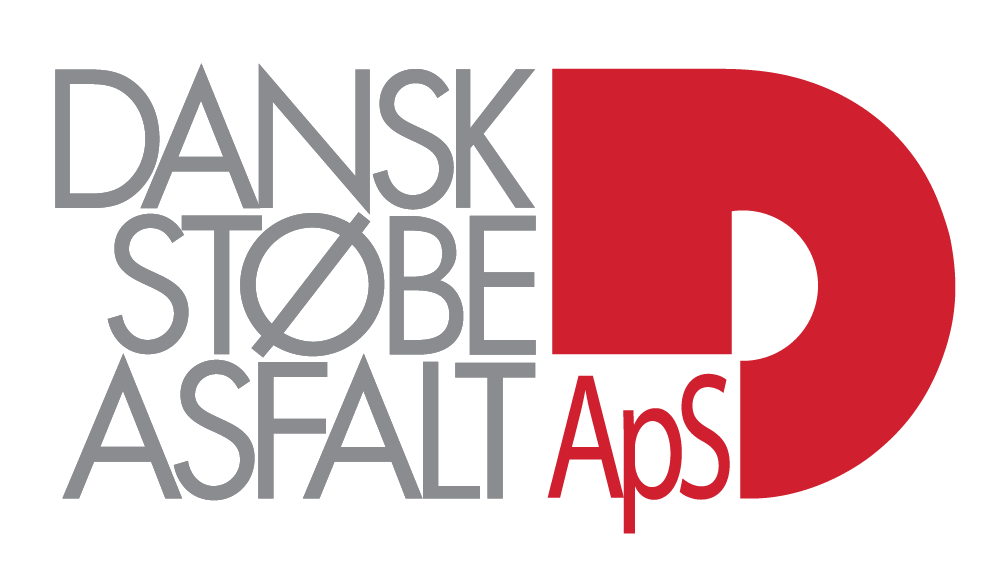At its most fundamental level, the rule of law is the concept that government and citizens know and obey the law. The four universal principles are further developed in the following factors in the annual Rule of Law Index® of the World Justice Project (WJP), the world`s leading source of original and independent rule of law data. The latest edition of the index draws on surveys of more than 138,000 households and 4,200 lawyers and experts to measure how the rule of law is experienced and perceived around the world. Our data provides up-to-date and reliable information to policymakers, civil society organizations, academics, citizens, businesses and lawyers, among others. The index`s results have been cited by heads of state, chief justices, business leaders and officials, including media coverage in more than 190 countries around the world. The Roman statesman Cicero is often quoted as saying, “We are all servants of the laws to be free.” [14] During the Roman Republic, controversial judges could be tried at the end of their term. Under the Roman Empire, the ruler was personally immune (legibus solutus), but those who had complaints could sue the treasury. [9] The rule of law is a principle that all persons, institutions and organizations are accountable to the laws that: In general, the rule of law implies that the creation of laws, their application and the relationship between the legal norms themselves are governed by the law, so that no one – including the most senior official – is above the law. The legal restriction for leaders means that the government is subject to existing laws as well as to its citizens. A closely related term is therefore the idea of equality before the law, which states that no “legal” person can enjoy privileges that are not extended to all and that no one should be immune from legal sanctions.
In addition, the application and decision of legal norms by different government officials in equivalent cases must be impartial and consistent, regardless of class, status or relative power between the parties to the dispute. In addition, for these ideas to have a real purchase, there should be a legal apparatus to force civil servants to submit to the law. The use of the term dates back to the 16th century in Britain. In the following century, the Scottish theologian Samuel Rutherford used it to argue against the divine right of kings. [6] John Locke wrote that freedom in society means being subject only to the laws of a legislature that apply to all, with a person otherwise free from state restrictions and deprived of liberty. The “rule of law” was popularized in the 19th century by the British jurist A. V. Dicey. However, the principle, if not the sentence itself, was recognized by ancient thinkers. Aristotle wrote, “It is more appropriate for the law to govern than any individual citizen.” [7] The rule of law can be hindered if there is a gap between legal consensus and popular consensus. Intellectual property is one example.
Under the auspices of the World Intellectual Property Organization, theoretically strong copyright laws have been introduced in most parts of the world; But because the attitude of a large part of the population does not respect these laws, a rebellion against property rights has manifested itself in endemic piracy, including an increase in peer-to-peer file sharing. [96] Similarly, tax evasion is common in Russia, and a person who admits that he or she does not pay taxes is not judged or criticized by colleagues and friends because the tax system is considered inappropriate. [97] Corruption also has different normative implications from culture to culture. [90] The rule of law, mechanism, process, institution, practice or standard that supports the equality of all citizens before the law ensures a non-arbitrary form of government and generally prevents the arbitrary use of power. Arbitrariness is typical of various forms of despotism, absolutism, authoritarianism and totalitarianism. Despotic governments even include highly institutionalized forms of government in which the entity at the top of the power structure (such as a king, junta, or party committee) is able to act without the constraints of the law if it so desires. .

Recent Comments